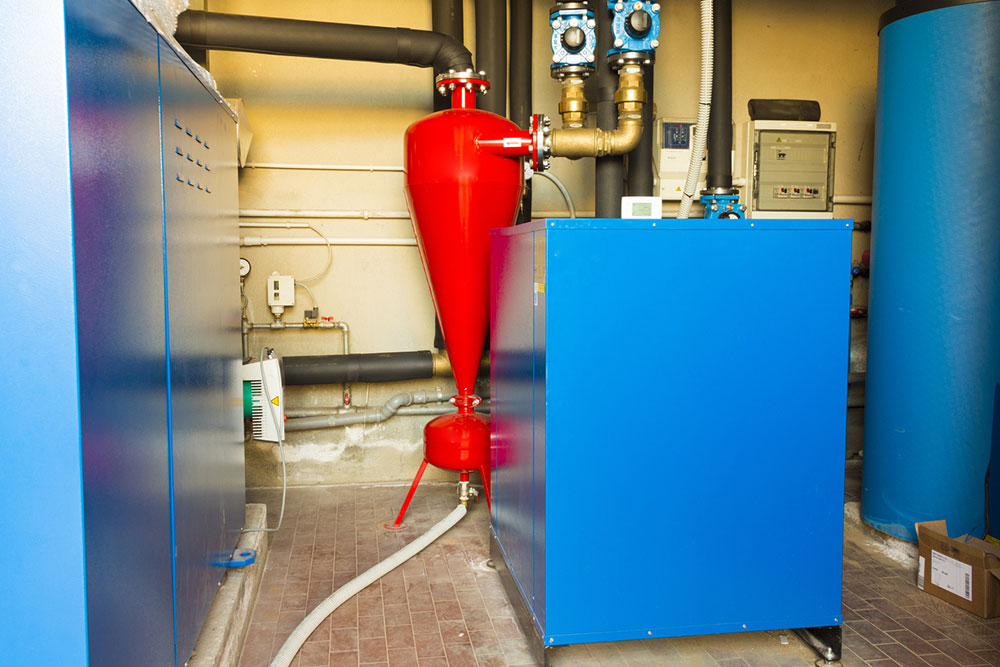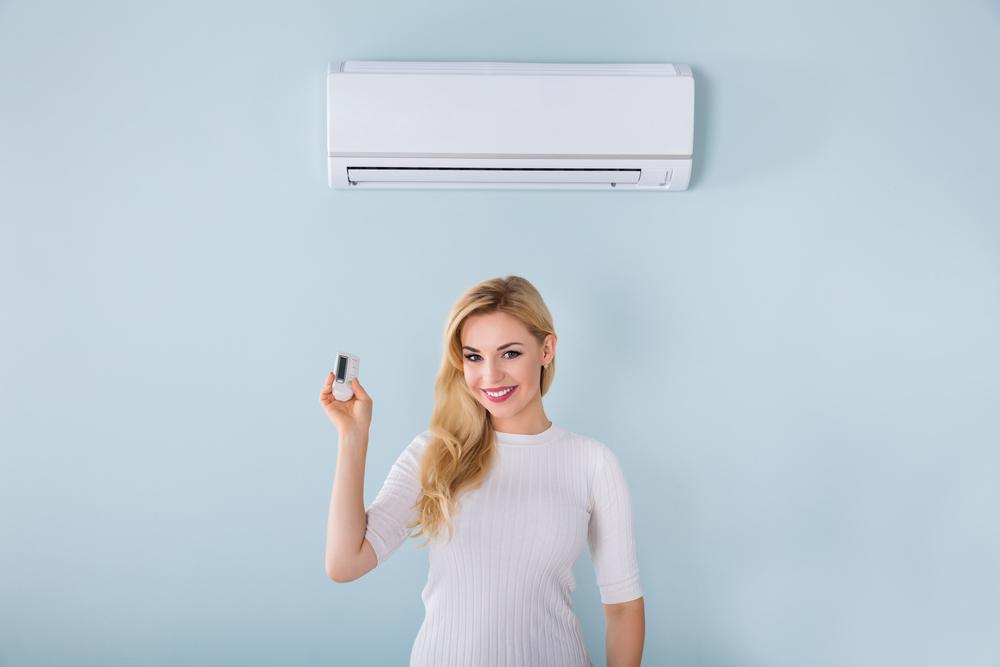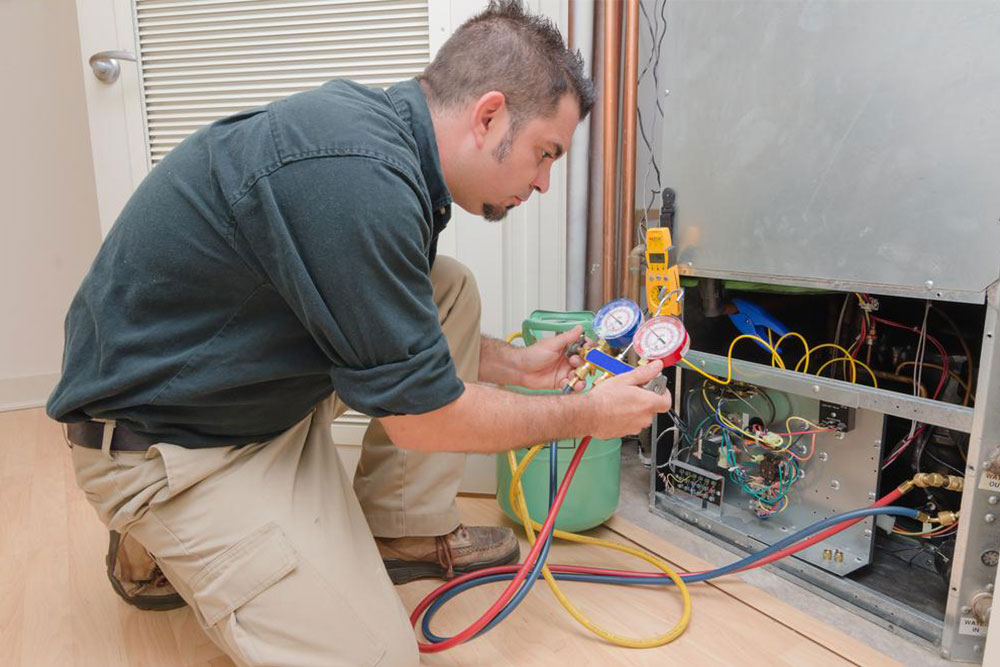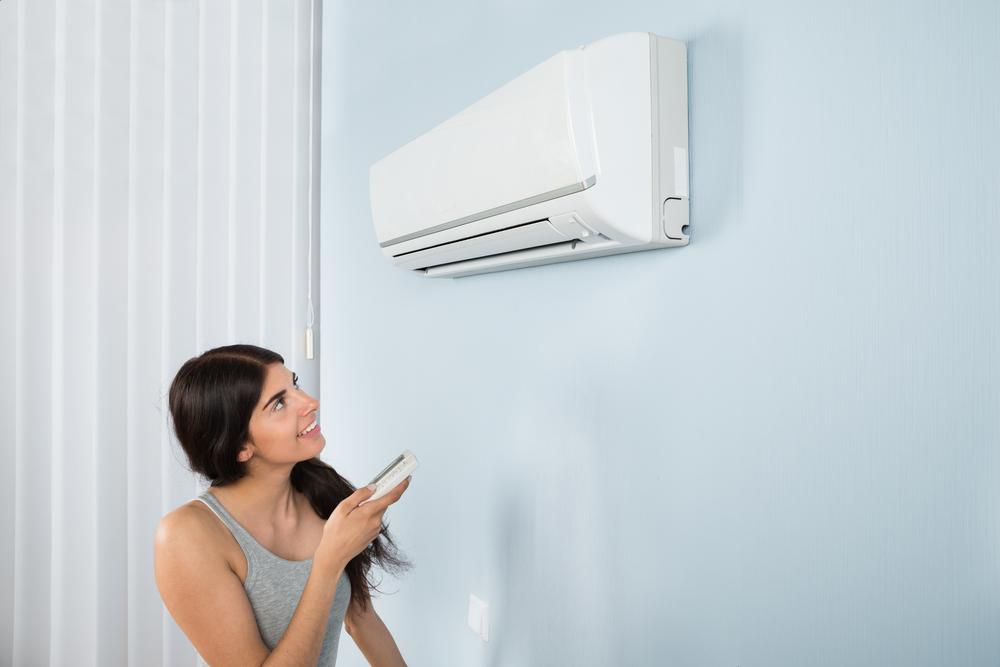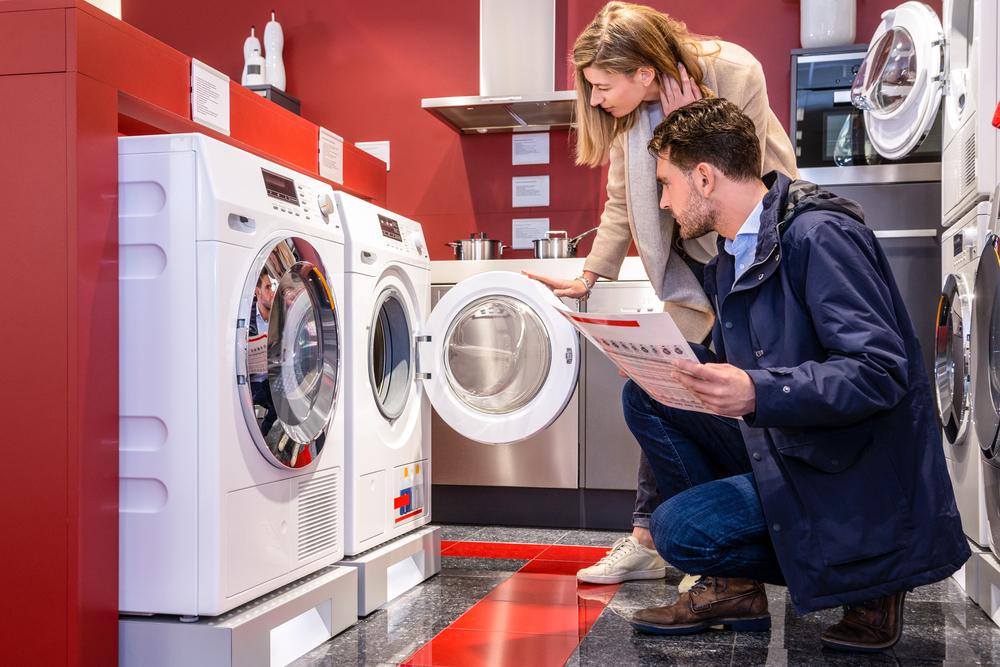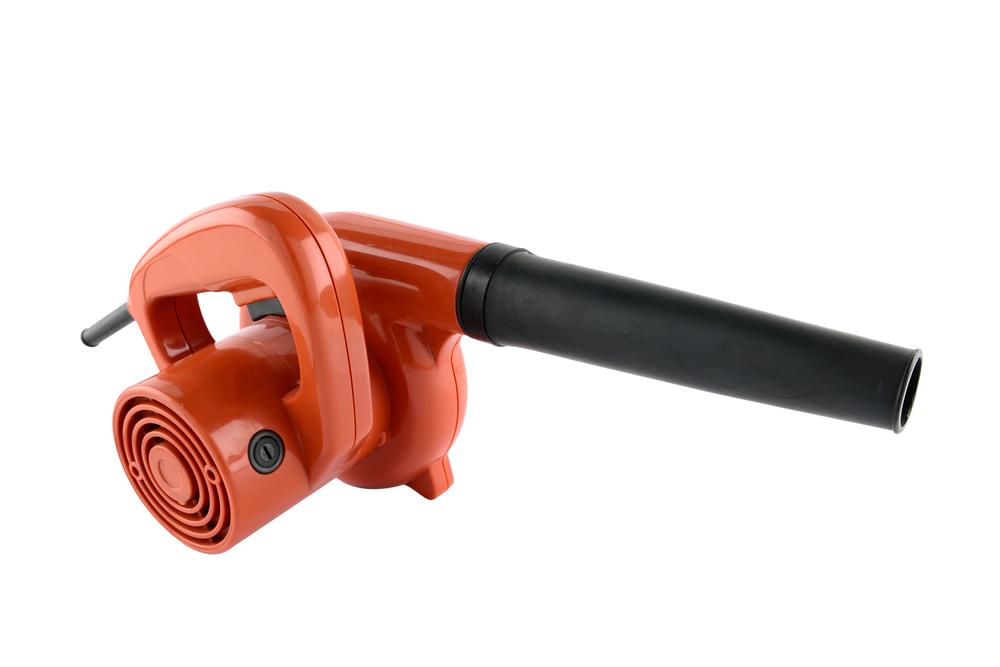Essential Guide to Selecting the Perfect Air Conditioner
This comprehensive guide covers various types of air conditioners, their advantages and drawbacks, and essential tips for choosing and maintaining the right unit. It helps consumers make informed decisions by highlighting key features, energy efficiency, and upkeep practices to ensure optimal performance and longevity. Whether for home or commercial use, understanding these aspects can lead to better comfort, health, and cost savings.
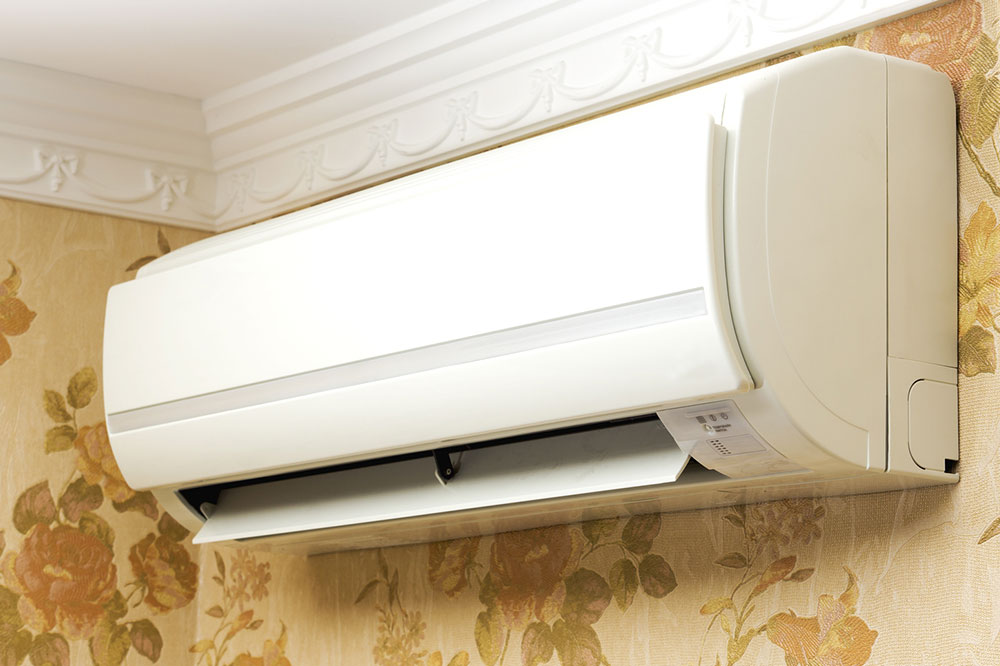
Your Comprehensive Guide to Choosing the Right Air Conditioner
In today's world, virtually every modern home and office relies on air conditioning systems. These units regulate temperature, humidity, and overall air quality, ensuring comfort and a healthy environment. An air conditioner cools indoor spaces by removing heat and replacing warm air with cooler air, making it ideal for homes, workplaces, restaurants, hospitals, and hotels. Before purchasing, it’s important to consider various factors to find the most suitable unit for your needs.
Types of Air Conditioners
There are six main types designed for different spaces and requirements.
These include central, ductless mini-split, window, portable, hybrid, and geothermal systems.
Central Air Conditioning
This system consolidates the compressor, evaporator, and condenser into a single unit usually installed on the roof or a concrete slab. Ducts distribute cooled air throughout the building, and it can be integrated with heating systems like furnaces or coils.
Ductless Mini-Split Systems
Ideal for homes without ductwork, these units consist of an outdoor compressor and multiple indoor wall-mounted units. Each indoor unit cools a specific room independently, providing targeted comfort and energy efficiency. Installation is minimally invasive, requiring only tubing for refrigerant circulation.
Window Units
These compact units are suitable for single rooms, with all components housed in a single box fitted into a window or wall opening. They are easy to install and operate independently.
Portable Air Conditioners
Similar to window units but mobile, these standalone units can be moved between rooms. They require a window for exhaust and are easy to set up, making them flexible cooling options.
Hybrid Air Conditioners
These systems switch between fossil fuel combustion and electric operation for cost-saving and energy efficiency. They adapt to seasonal needs, providing heating in winter and cooling in summer.
Geothermal Systems
Using the Earth’s natural heat, geothermal units extract warmth from below ground in winter and dissipate heat in summer. They are highly sustainable, durable, and energy-efficient, offering long-term benefits.
Advantages of Using Air Conditioning
Air conditioners enhance comfort during hot seasons and offer several benefits:
Health and Safety
Cooling reduces the risk of heat-related illnesses like dehydration and heatstroke by controlling indoor temperatures and minimizing excessive sweating.
Improved Indoor Air Quality
Air systems filter pollutants, allergens, mold, and dust, benefiting allergy sufferers and asthma patients, provided filters are well-maintained.
Insect and Parasite Control
Filters help keep out insects, fleas, ticks, and other pests, contributing to a cleaner environment.
Enhanced Productivity
Cooler environments help improve concentration and decision-making, boosting work efficiency.
Calm Atmosphere
Maintaining a cool temperature reduces tempers and promotes a peaceful environment at home and work.
Better Sleep Quality
Controlled temperatures support restful sleep by preventing overheating during the night.
Furniture Preservation
Lower humidity levels protect furniture, preventing wood warping, leather damage, and mold growth.
Protecting Electronics
Keeping devices cool prolongs their lifespan and prevents overheating-related failures.
Stain Prevention
Reducing sweating helps avoid unsightly stains on clothing and furniture.
Disadvantages of Air Conditioning
However, there are some drawbacks:
Dry Skin and Irritation
Prolonged use may lead to skin dryness and irritation due to decreased moisture.
Respiratory Issues
Sudden temperature shifts can worsen respiratory conditions; gradual adjustments are recommended.
Indoor Air Quality Concerns
If filters are neglected, dust, bacteria, and pollen can accumulate, increasing allergy and infection risks.
Noise Levels
Many units generate noise, though high-end models tend to be quieter.
Eye Problems
Excessive air conditioning may exacerbate eye conditions like conjunctivitis or cause discomfort for contact lens wearers.
Laziness and Reduced Outdoor Activity
Comfort can discourage outdoor activity, affecting physical health and fitness.
Higher Energy Bills
Inefficient models or poor maintenance can lead to increased power costs.
Tips for Selecting the Right Air Conditioner
Consider these factors when shopping for an AC:
Cooling Capacity
Ensure the unit can handle your room size; insufficient capacity results in poor cooling.
Inverter Technology
Inverter ACs provide consistent cooling, operate more quietly, and save energy.
Energy Efficiency
Opt for models with high energy ratings to reduce operational costs.
Air Purification Features
Select units with anti-bacterial and dust filters for healthier indoor air.
Humidity Control
A dehumidifier prevents excess moisture, especially during monsoons, protecting your home from mold.
Heating Option
Choosing an AC with a built-in heater offers year-round climate control.
Auto-Cleaning Function
This feature helps maintain hygiene by preventing mold and bacteria buildup inside the unit.
Maintenance Tips for Your Air Conditioner
Keep your AC running optimally with regular professional service and routine care:
Regular Filter Cleaning/Replacement
Clean or replace filters monthly during active seasons to maintain efficiency.
Protect Outdoor Units in Winter
Cover the compressor during off-seasons to prevent dust and damage.
Drain Line Inspection
Check for clogs regularly to avoid leaks and water damage.
Fins and Coils Maintenance
Keep fins straight and clean from dust to ensure proper airflow.
Professional Servicing
Schedule a trained technician visit every six months for system checks, refrigerant levels, and repairs.
With a good understanding of the types, advantages, disadvantages, and maintenance of air conditioners, you can confidently select the best model for your needs. Comparing options online will help you find the right balance of features and price.

